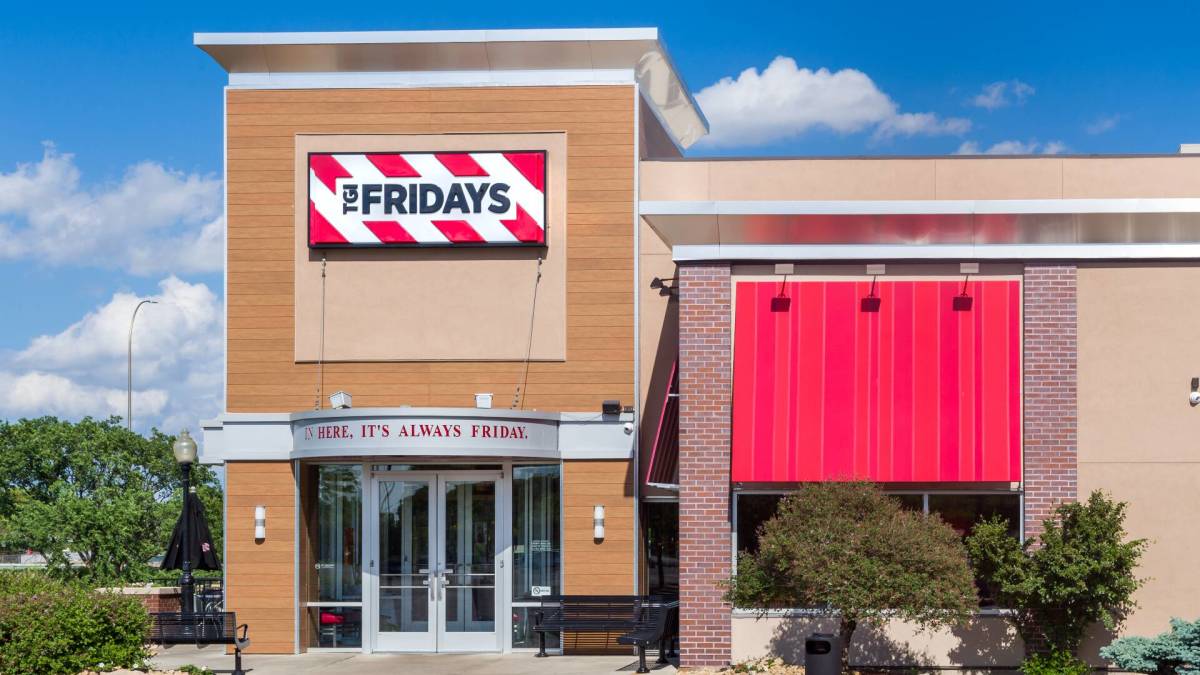
Financial distress in the restaurant sector has forced several prominent dining chains to file for bankruptcy in 2024.
The most notable Chapter 11 bankruptcy this year was Red Lobster's filing on May 19. The restaurant chain closed over 120 locations in its bankruptcy and now operates about 545 units.
💸💰 Don't miss the move: Subscribe to TheStreet's free daily newsletter 💰💸
Another popular restaurant chain, BurgerFi International, owner and franchisor of 144 burger and pizza restaurants nationwide, on Sept. 11 filed for Chapter 11 bankruptcy protection to reorganize after a turnaround plan that it implemented less than a year ago failed to produce the necessary results to prevent the filing.
Several restaurant franchisees also filed bankruptcy, as EYM Pizza, which operates 127 Pizza Hut locations in Illinois, Indiana, Ohio, Texas, and Wisconsin, filed for Chapter 11 bankruptcy protection in the U.S. Bankruptcy Court for the Eastern District of Texas on July 22.
Also, Arby's franchisee Miracle Restaurant Group, which operates 25 units in Illinois, Indiana, Texas, Mississippi, and Louisiana, in June filed for Chapter 11 protection after the effects of the Covid-19 pandemic and inflationary pressures in commodity and labor expenses caused financial distress.
Related: Formerly bankrupt retail giant will return to physical stores
More restaurant bankruptcies could be on the horizon.
TGI Fridays, whose sale to its U.K. franchisee collapsed in September 2024, is lining up debtor-in-possession financing with its lenders ahead of a Chapter 11 bankruptcy filing that could happen in the next several days, people with knowledge of the situation told Bloomberg.

TGI Fridays reportedly planning Chapter 11 filing
The Dallas-based franchisor is banking on a DIP loan to fund its operations while it proceeds through bankruptcy and emerges as a going concern. The company has about 600 franchises in 55 countries, including 213 U.S. locations in 29 states, according to its website.
Don't be surprised if TGI Fridays also negotiates an asset purchase agreement under a bankruptcy filing, as it had been seeking a sale of its company-owned units until the sale to U.K. franchisee Hostmore fell through in September.
Related: Troubled retailer closes more stores in Chapter 11 bankruptcy
Originally, Hostmore, which owned 87 franchises, planned to buy TGI Fridays corporate-owned units, but the two companies decided to sell all of their owned and operated restaurants to franchise operators and transition to a fully-franchised model.
More bankruptcy stories:
- Popular fast-food chain shuts locations, no bankruptcy plans yet
- Iconic retail food company closing down, no bankruptcy filing yet
- Bankruptcy filing can’t rescue popular retail food brand
After the TGI Fridays deal with Hostmore fell through, the U.K. company was placed into administration as it sought to sell its assets.
TGI Fridays faced other financial distress overseas earlier this year as Brazil-based restaurant chain franchisee SouthRock Capital, which operated eight TGI Fridays units, on June 12 filed for Chapter 15 bankruptcy protection in the U.S. Bankruptcy Court for the Southern District of Texas seeking recognition of its Brazilian bankruptcy case as a foreign proceeding.
Related: Chick-fil-A unveils an unexpected innovation parents will love
The São Paulo, Brazil, restaurant operator filed its Chapter 15 petition to protect its rights to the TGI Fridays brand and any other assets it has in the U.S. A Chapter 15 filing places an automatic stay on any legal actions against the debtor while the case proceeds.
TGI Fridays operated about 92 corporate-owned restaurants until it lost management control of most of its assets after its whole business securitization trustee Citibank terminated the company's management authority.
The restaurant operator's problems that led to the termination began with a $2 million overpayment of a management fee from the securitization to the company, Restaurant Business reported. The mistake was not noticed until after TGI Fridays used the funds to pay off past-due accounts to certain vendors
The company has since repaid $228,000 of the overpayment. The company has been facing financial distress over the last two years as the chain's U.S. sales declined 15% in 2023, according to data provider Technomic.
Related: Veteran fund manager sees world of pain coming for stocks







